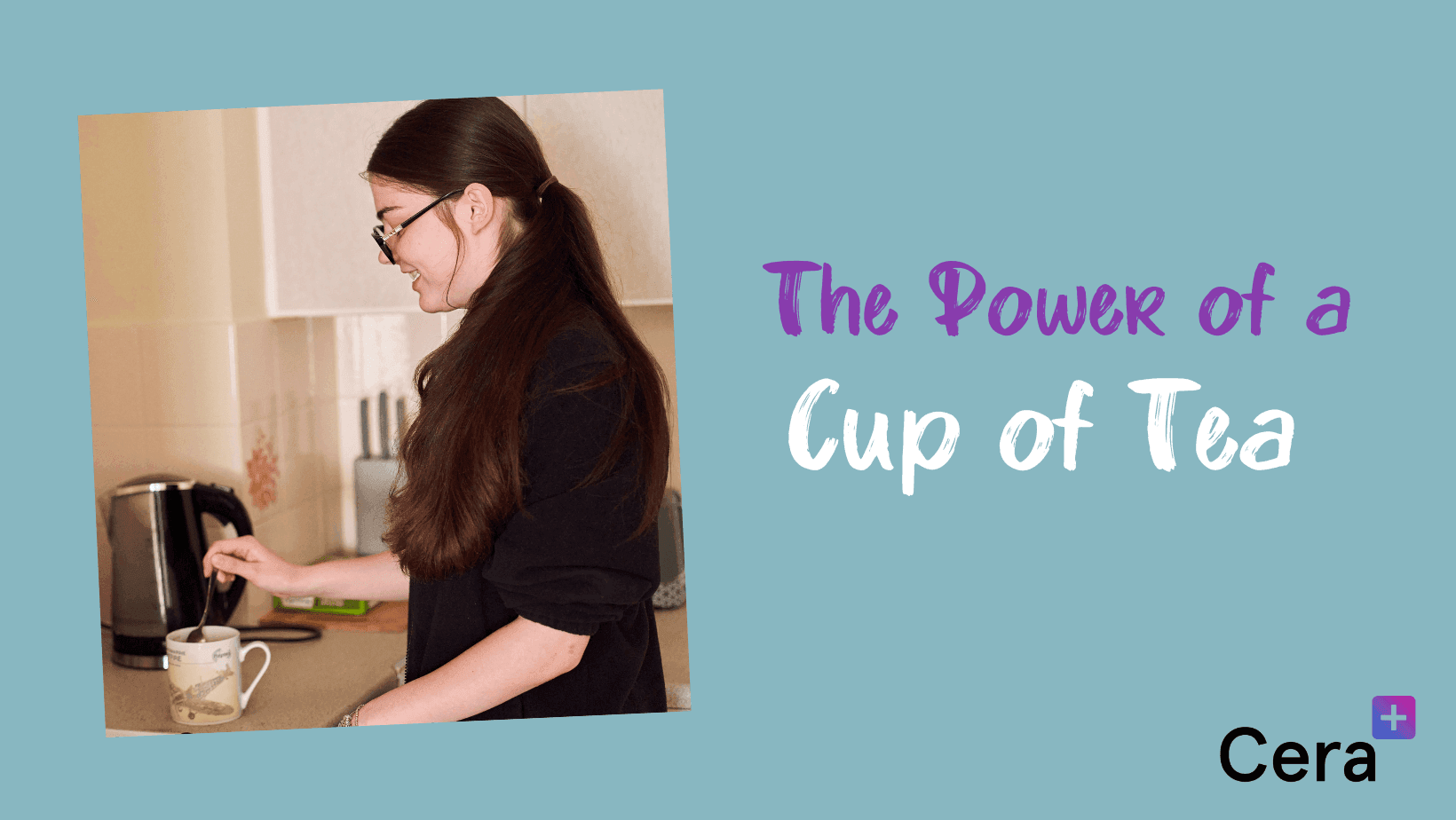How to keep the elderly safe in winter
As the days get shorter, the frost creeps in and Christmas cards return to the shelves, you might have begun to think about keeping the elderly safe this winter. Whether they’re your friends, family or service users. We have put together our top elderly care tips for keeping safe over the coming months.
Keeping warm
It might seem obvious but as temperatures drop outside it’s important to keep homes as warm as possible inside. To do so, make sure you aren’t needlessly losing any heat through windows or vents and keep doors closed where possible.
Wearing several layers of clothing can help to trap in the warmth and don’t forget to pop on a hat or thermals if you’re heading outside or even to bed if need be.
Covering people’s arms and legs with blankets is a great idea if they’re sitting down for longer periods of time and if you’re able to, manage their central heating on a timer so they don’t have to worry about it day to day.
Portable heaters can also be very handy but think smart and make sure they aren't left unattended as they can be a fire hazard. You might also want to check that your service users are in receipt of their Winter Fuel Payment, which gives between £100 and £300 tax free to help pay for heating.
Preparing for 'worst-case scenario'
Living in the UK, we all know the weather has a mind of its own. From beautiful, crisp sun to torrential rain (all within the space of 30 minutes), our top tip to protect the elderly is to always prepare for the worst case scenario.
It’s not unusual to have a power cut across the winter months and although in films and on TV people might reach for candles, this isn’t the most effective - or safest - way to light a room. Keeping a torch accessible in each room is a safe, quick and easy way to help avoid any problems as well as making sure mobiles, smoke and CO2 alarms are working with adequate battery life.
Stay on top of weather forecasts and make sure your service user is fully stocked with extra food, supplies and medication for if the weather takes a turn. It’s important that if any clothes are wet or damp that they are changed straight away as older adults are more susceptible to the likes of hypothermia. Warning signs of hypothermia are:
- Shivering
- Exhaustion or feeling very tired
- Confusion
- Fumbling hands
- Memory loss
- Slurred speech
- Drowsiness
Body temperature under 35 degrees is seen as a medical emergency and would need treatment promptly.
Protecting against falls
Snow looks idyllic for a whole 12 hours before it turns into a lethal ice rink. Now, I don’t know about you but unless you’ve got your skates on, slipping and sliding while outside is bound to happen. While some of us can jump right back
We suggest older people stay inside if pavements or gardens are at all icy. Pendant alarms can be extremely helpful if someone is alone and has a fall as, once the emergency button is pressed, the monitoring centre receives an alert immediately.
Diet
A balanced diet means a healthy immune system so it’s crucial the elderly eat well throughout the whole year. During the colder months, it’s a good idea to have warm food whenever possible. For example, things like porridge, soups and stews as well as warm drinks.
What goes into a meal is also very important as bodies use up a lot of calories just keeping warm. As there is less Vitamin D from the sun in winter, you can help to replace this through the likes of Vitamin D rich foods such as egg yolks, seafood, healthy grains, and Vitamin D fortified milk. Also important to include are Omega 3 fatty acids, fruits high in vitamin C and of course greens, greens and more greens! A couple of meals in the freezer wouldn't go amiss for those ‘just in case’ moments.
As a Care Assistant, with others at the forefront of your mind it can be easy to forget about yourself. So remember to keep YOU healthy - wrap up warm, travel carefully and consume lots of tea!
More about working in care

Addressing Men's Mental Health
Here are some factors affecting mental health for men, including the impact of stigma and men’s reluctance to seek advice, and how support networks can help.
Effective Communication: Building Bridges with Autistic Adults in Inclusive Care
Key tips for communicating with autistic adults, fostering a more inclusive and supportive environment.